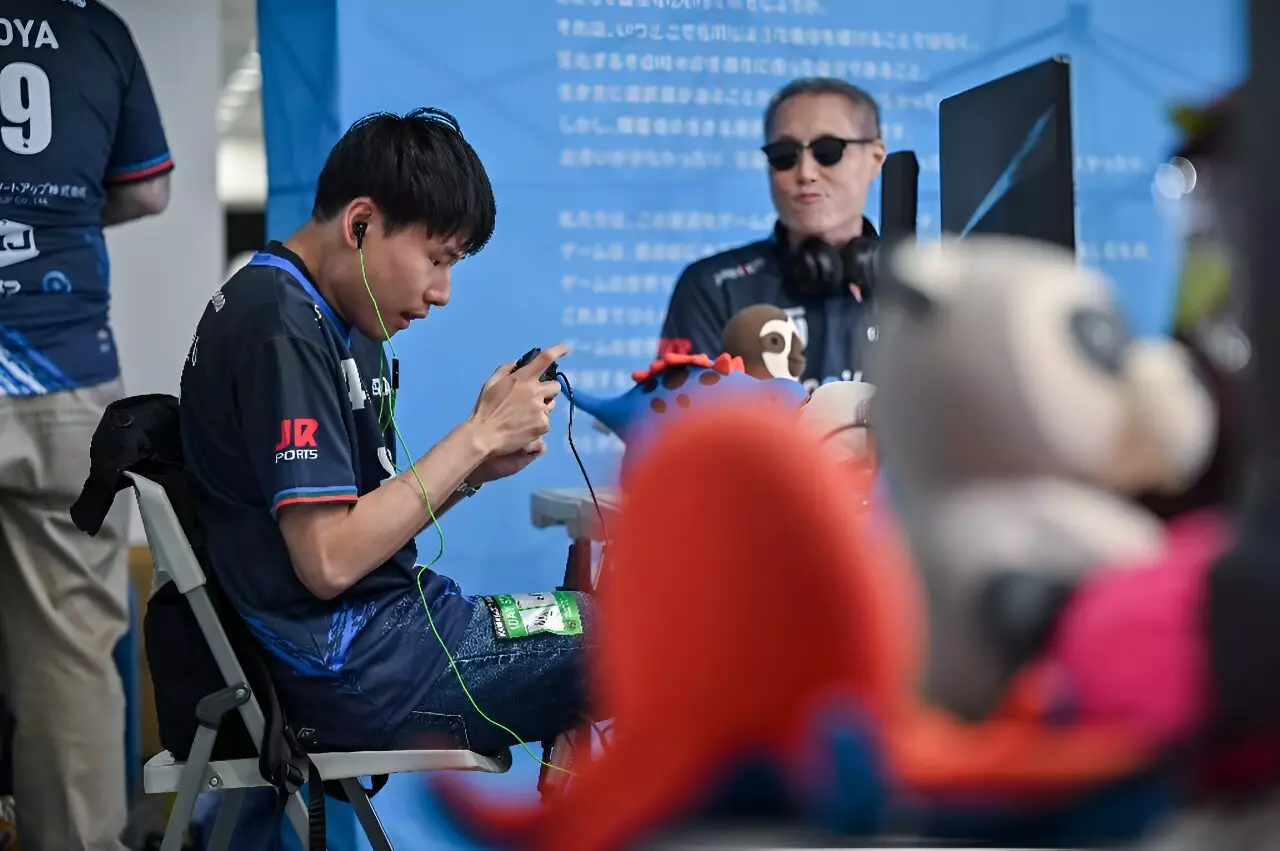In a world where technology continues to advance at a rapid pace, the story of Japanese eSports gamer Mashiro sheds light on the potential of artificial intelligence to empower individuals with disabilities. Mashiro, who is blind, relies on a companion to navigate the streets of Tokyo but recently tested the latest version of AI chatbot ChatGPT in hopes of traveling independently to a Para eSports meet-up. This experiment highlighted the possibilities that AI holds for individuals like Mashiro, who seek greater independence in their daily lives.
The emergence of AI technologies such as OpenAI’s GPT-40 and Google’s Gemini opens up new avenues for accessibility in education, employment, and everyday services for people with disabilities. These AI tools have the ability to cater to specific needs in ways that traditional assistive products cannot. By harnessing the power of AI, individuals with disabilities can create personalized solutions that promote independence and empowerment.
Challenges and Limitations
While AI shows great promise in enhancing the lives of people with disabilities, there are challenges and limitations that must be addressed. Experts like Masahide Ishiki caution that AI, while sophisticated, may struggle with recognizing certain words and locations, leading to potential difficulties for users like Mashiro. Additionally, the accuracy of real-time visual recognition remains an area for improvement, as AI strives to replicate the capabilities of the human eye.
Despite the challenges, the future of AI for accessibility looks promising. Innovations such as AI speech-to-text transcription, chatbots for resume formatting, and visual recognition tools like Seeing AI and Envision AI are paving the way for greater inclusivity. Collaborations between organizations like OpenAI and Be My Eyes demonstrate the potential for AI to serve as a digital visual assistant, offering real-life support to individuals in need.
As Youngjun Cho, an associate professor in computer science, points out, AI has the potential to empower individuals with disabilities and promote independence. By tailoring AI solutions to meet specific needs, individuals like Mashiro can navigate the world with greater ease and confidence. The integration of AI technologies into everyday life has the power to transform the way people with disabilities interact with their environment.
The story of Mashiro serves as a powerful reminder of the potential of artificial intelligence to enhance the lives of people with disabilities. While there are challenges to overcome and limitations to address, the future of AI for accessibility is bright. With continued innovation and collaboration, AI has the power to create a more inclusive and accessible world for all individuals, regardless of their abilities.


Leave a Reply